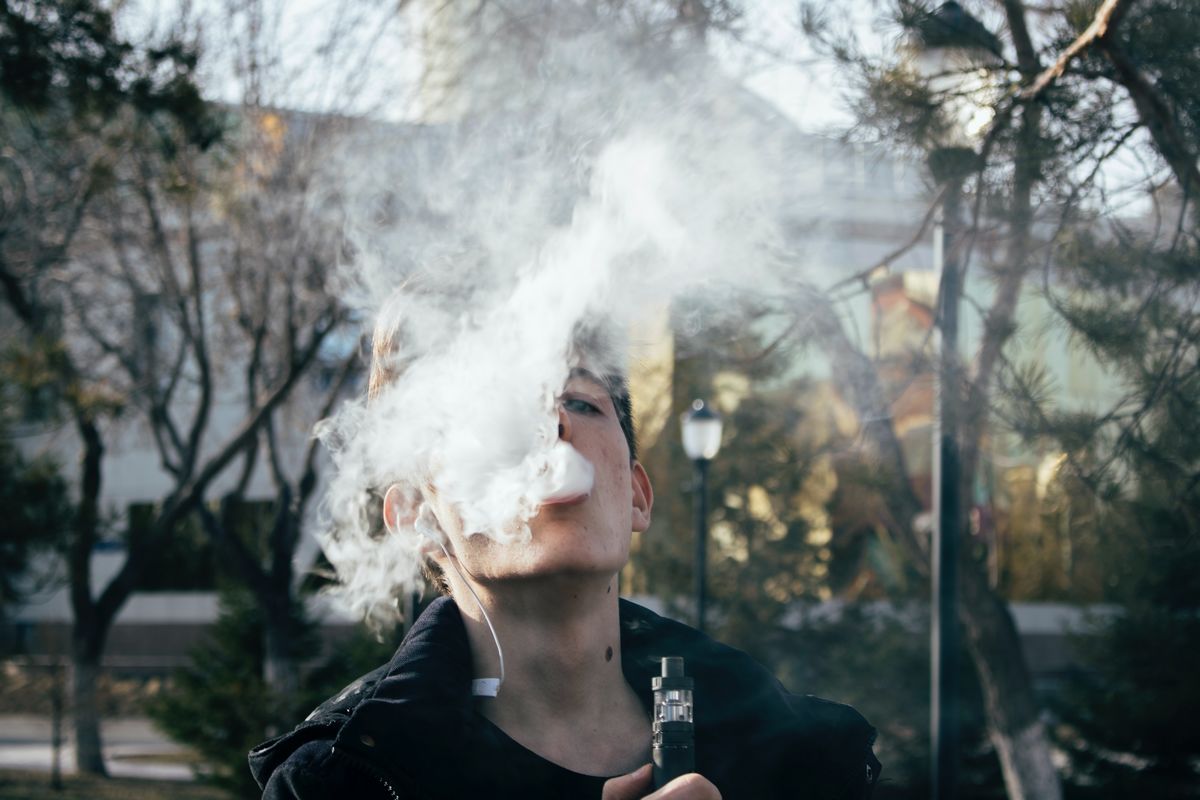Vaping has become incredibly popular in recent years, and it should come as no surprise. For starters, it gives you an easy and affordable way to quit smoking. Other than that, unlike cigarettes, e-cigarettes come in a number of interesting flavours.
Unfortunately, it appears that the worldwide regulation of the vaping industry is imminent. Countries around the world, including the member states of the European Union, are tightening the rules against e-cigarettes.
Are the European Union member states the only ones to do it? Not really. E-cigarettes are subject to tight rules in a number of countries around the world, ranging from Australia and Malaysia to Japan, the Philippines, and China.
Would you like to learn more about worldwide vaping regulations? If so, you should definitely keep reading! In this article, you will find useful information regarding the said regulations in countries around the world.
Australia
Vaping regulations in Australia are unusual in comparison to those in other countries, as the Australian controlled substance laws classify liquid nicotine as a poison. Because of that, it is not possible for you to buy vaping products with nicotine from traditional retailers and vape shops.
However, it is possible for you to obtain vaping products with nicotine with a prescription from a doctor. With a prescription, you can go to your local compounding pharmacy, and the pharmacy will make the e-liquid for you. Unfortunately, few pharmacies have the required ingredients and the ones that do have a limited selection of flavours.
On the other hand, Australia has no federal restrictions on nicotine-free e-liquids and vaping hardware. You can purchase both from a wide range of online retailers, as well as vape shops. Nonetheless, each state in Australia has the right to come up with vaping regulations of its own as long as the said regulations are stricter than the federal ones.
Japan
Did you know that Japan’s vaping regulations classify e-liquids with nicotine as medicinal products? Unluckily, no manufacturer of e-liquids with nicotine has had a nicotine e-liquid approved as a medicinal product. Because of that, in Japan, it is not possible to obtain vaping products with nicotine in a legal way.
Luckily, if you are travelling to Japan, you can bring a one-month supply of vaping products with nicotine with you. On top of that, nicotine-free vaping products are completely legal. In fact, you can find a wide range of vape shops in the metropolitan areas of the country.
Malaysia
Malaysian law classifies nicotine as a poison. In order to be able to distribute an e-liquid with nicotine in a legal way, such an e-liquid would have to be approved for sale as a medicinal product. No vaping product has received such approval, though, causing nicotine-free e-liquids to be the only type of e-liquid that you can buy legally.
Funnily enough, it is estimated that more than ninety per cent of e-liquids purchased in Malaysia contain nicotine, which suggests that a large quantity of vaping products enters the country illegally. Because of that, thousands of people want the government to regulate vaping products with nicotine instead of banning such products.
First of all, it would help strengthen the local economy, as it would make it possible for the government to collect tax revenue that it had been missing out on. Second of all, it would give vapers an easy, safe, and legal way to purchase the most popular type of vape juice on the market. Will the government listen? Only time will tell.
New Zealand
In New Zealand, regulations on vaping have come into effect in the past two years. In general, the regulations focus on presenting vaping as an affordable and appealing alternative to adult smokers, as well as making minors less likely to start vaping.
For starters, the sale of vaping products to minors was made illegal. Moreover, vaping was banned in places where children are likely to congregate, including school grounds and childcare facilities.
In addition to that, vaping companies cannot run advertisements and offer sponsorships. Lastly, both manufacturers and importers of vaping products are legally obliged to notify public health authorities about consumers’ reports of adverse reactions to vaping products.
However, the regulations have not been finalised yet. The government plans on introducing a system of taxation on vaping products, as well as having retailers submit detailed sales reports on a yearly basis.

In Conclusion
To sum up, the member states of the European Union aren’t the only countries who are tightening the rules against e-cigarettes. In fact, quite a few countries in other parts of the world are doing that, too. The motifs of doing so vary from country to country.
For instance, in New Zealand, the main aim of introducing tight regulations was to prevent minors from developing a nicotine addiction. On the other hand, it appears that in specific countries, such as China, the regulations are aiming to stop the growth of the vaping market in favour of the tobacco industry.
However, no matter how you perceive the regulations in specific countries, it is important that you abide by the said regulations. Otherwise, you might end up having to pay a hefty fine!








